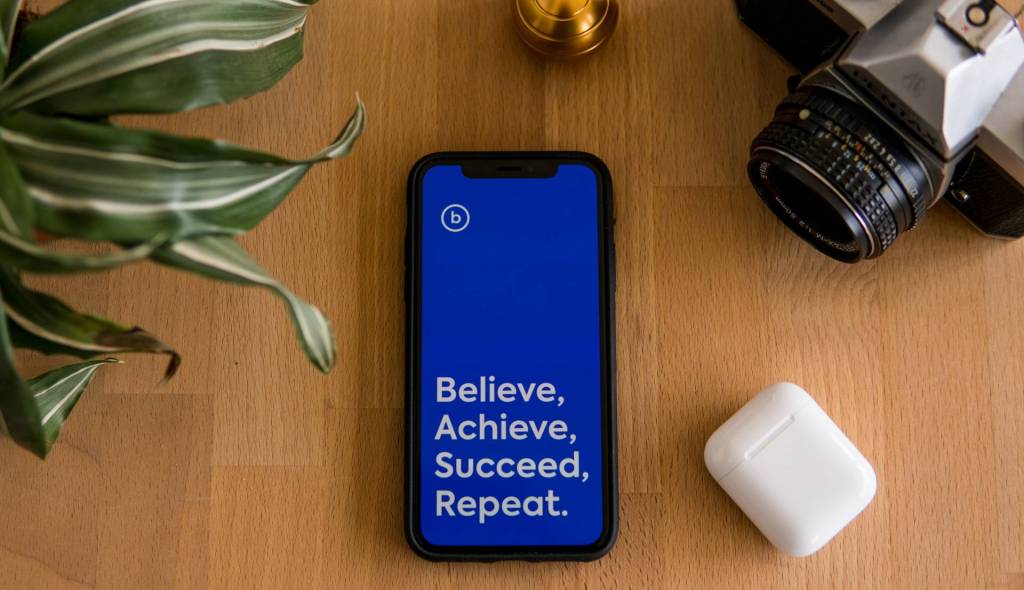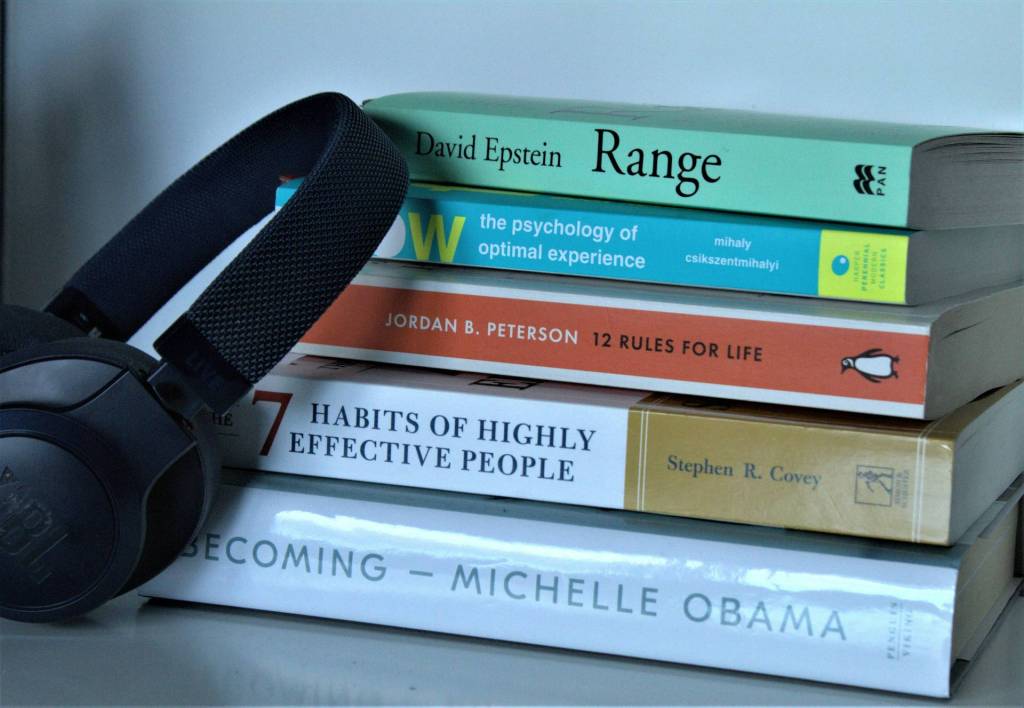The Sochi Olympics are starting today. In fact, the opening ceremonies are tonight. The Sochi Olympics are a chance for Russia as a country to show off their skills in organizing and executing on such a monumental undertaking. With an expected cost running at over $50 billion dollars. Russia is putting everything on the line to show they are a modern country and ready to lead as a super power.
But I want to focus on the athletes and the parallels to Career Development. Every athlete that is representing their country has spent many years perfecting the skills for their chosen sport. A career takes a similar effort and requires a similar commitment.
If we are to believe Malcolm Gladwell, it takes 10,000 hours to master a new skill.
While this may seem like an odd connection I think there are a lot of parallels. Specifically related to three key points: Passion, Commitment and Excellence.
Before covering these three in detail I think Career Development has a lot of similarities to the commitment Olympic athletes make:
- Career Development is a skill and an art.
- Career Development takes time, effort and longevity is rewarded.
- Developing a successful career over the long term requires adaptation.
Passion:
Passion often starts early… we hear stories of these young athletes that have committed their whole lives to their chosen sport.
When the times were tough… they often doubled down. Passion pulled them through.
Commitment (which implies Sacrifice):
- Years of Practice. Often behind closed doors where the real blood, sweat and tears were shed
- Being willing to suffer for your commitment – your sport / your career
- No one could tell them they were wrong.
Excellence:
- They have a focus on being the best
- Even when they weren’t always sure how they would get there… they had a vision.
- They never settle. Because, in the case of an Olympian, they know their country won’t settle for 2nd best. In our careers we also should never settle for 2nd best.
One thing the Olympics may not teach us
Adaptation. In the Olympics there is usually a commitment to ONE sport (unless you are a tri-athlete or dec-athlete). In the commercial world this does not always match up with reality. In order to succeed in our careers we need to be able to adapt to changing conditions.
Adaptation is a skill that needs to be developed in our career development efforts. I would argue that adaptation is a skill athletes need too. Especially as they train and reach plateaus and also as they advance through the ranks as a first time athlete and then, if they are exceedingly good, at future Olympics.
Change happens!
The people that can adapt and adjust to changing conditions… whether they are changes in the rules for the way a sport is governed or changes in the way a technology or industry operates will be rewarded in the long run.
- Newness Breeds Opportunities – In some cases they are brand new and may be at the early phases of creating a new market.
- Adaptation – The Sochi Olympics will showcase 12 new sports that are entering the Olympics for the first time at Sochi. I see these new events as mini-startups where everything will be up for grabs… including Olympic Medals.
Putting it all together
Thinking like an Olympian can fuel you to do your best. While the passion may not be understood by others you KNOW! You are committed. You’ll spend the time to learn a new skill, to understand a new market, to earn the right to compete.
It doesn’t happen without a lot of work. This old saying is apropos:
Overnight success often takes many years of practice.
Like an Olympian – Your level of commitment and your years of work may be overlooked. However, that effort, that passion, that commitment to excellence defines you. When done right your reputation precedes you. When done right people ask for you. People seek you out. People want what they know you can deliver.
Career Development has a lot of parallels to preparing to compete in the Olympics. When done right… all that hard work pays off with Gold.
Herbert Kratky / Shutterstock.com











